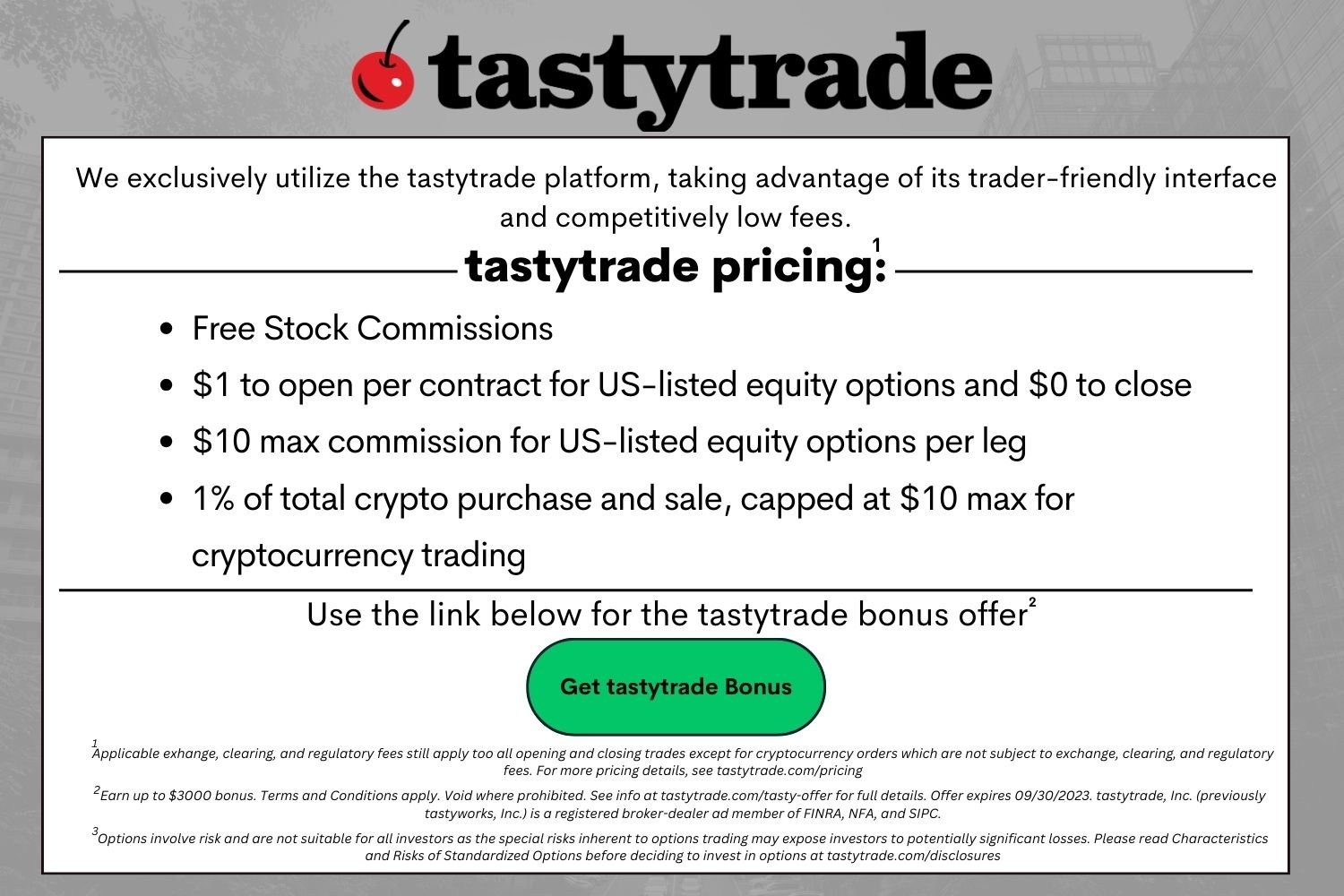Understanding Cash Calls on E*TRADE: A Comprehensive Guide
This article explains what is cash call on E*TRADE, why it happens, and how to handle it effectively.
What is a Cash Call on E*TRADE?
A cash call on E*TRADE is a notification sent to brokerage account holders requiring them to address a negative balance in their accounts.
This balance could result from various activities, including executed orders that exceed the account's cash balance or administrative fees surpassing the account's funds.
Causes of Cash Calls on E*TRADE
Exceeding Account Balance: When an order is executed that exceeds the available balance in a cash account, it triggers a cash call.
OTC & Similar Fees: E*TRADE can charge fees for buying OTC stocks or reorganizations, which can turn your account negative and cause a cash call.
Administrative Fees: If administrative fees are greater than the available balance, it results in a negative account balance, leading to a cash call.
Stock Depreciation on Margin: For accounts operating on margin, a depreciation in stock value can create a scenario where the account is borrowing cash to maintain portfolio positions, necessitating a cash call.
Responding to a Cash Call
To satisfy a cash call, E*TRADE account holders can:
Deposit Additional Funds: Injecting more cash into the account to cover the deficit.
Sell Stock: Liquidating assets to raise the necessary funds.
Transfer Shares: Moving shares from other accounts or portfolios to balance the negative amount.
Dealing with issues like cash calls can be an annoying endeavor, especially if you are new to the stock market and are unsure exactly what is going on.
You can receive hands-on help with anything stock and trading related by joining the HaiKhuu Trading Community!
HaiKhuu is an awesome community of traders and investors who can easily help you navigate your brokerage and save you time by not having to look all this stuff up.
Consequences of Not Meeting a Cash Call
Failing to meet a cash call can lead to significant consequences, including the forced sale of securities at potentially unfavorable prices.
E*TRADE, like other brokerage firms, has specific policies on handling unmet cash calls, which could affect the account holder's financial standing and investment strategy. You may also be charged interest or commissions if they deem necessary.
Cash Call vs. Margin Call
Understanding the distinction between a cash call and a margin call is essential for investors using platforms like E*TRADE. While both situations require the account holder to add funds to their account, they arise under different circumstances and have different implications.
Cash Call
A cash call occurs when an investor needs to increase the cash balance in their brokerage account. This situation can arise due to several reasons, but it's typically because the cash balance has fallen below the required minimum.
This shortfall often happens due to trading activities or accrued charges. For example, if an investor buys securities without sufficient cash in the account to cover the purchase, a cash call is issued to bring the account balance up to the required level. It's essentially about maintaining a minimum cash balance in the account.
Margin Call
In contrast, a margin call happens if you are borrowing funds from the broker to purchase stocks. The broker issues a margin call if the value of the securities bought with borrowed money decreases below a certain threshold.
This situation requires the investor to deposit more cash into the account or sell some securities to reduce the loan amount. The margin call is directly related to the use of borrowed capital and the valuation of the collateral (the purchased securities).
Key Differences Between Cash Calls & Margin Calls
Nature of the Call: A cash call is about maintaining a minimum cash balance in the account, while a margin call relates to borrowing funds to buy securities and the subsequent valuation of these securities.
Account Type: Cash calls can occur in any brokerage account, whereas margin calls are specific to margin accounts where borrowing is involved.
Triggering Factors: Cash calls are triggered by a deficit in account balance due to trading activities or fees, while margin calls are triggered by a drop in the value of securities purchased on margin.
Both cash calls and margin calls are important mechanisms in the context of stock trading and brokerage account management. Understanding the difference between the two helps investors better manage their accounts, especially in volatile market conditions.
While a cash call focuses on the overall cash balance, a margin call is intricately linked to the dynamics of borrowing for investment and market fluctuations affecting the value of leveraged securities.
Cash Calls on E*TRADE - Bottom Line
A cash call on E*TRADE is a critical situation that requires immediate action. By understanding the causes, responding appropriately, and being aware of the consequences and policies, account holders can navigate these scenarios effectively, ensuring their financial stability and investment objectives remain intact.
Related Articles
E*TRADE Insufficient Funds Explained
Why is my Withdrawable Cash $0 on Robinhood?



